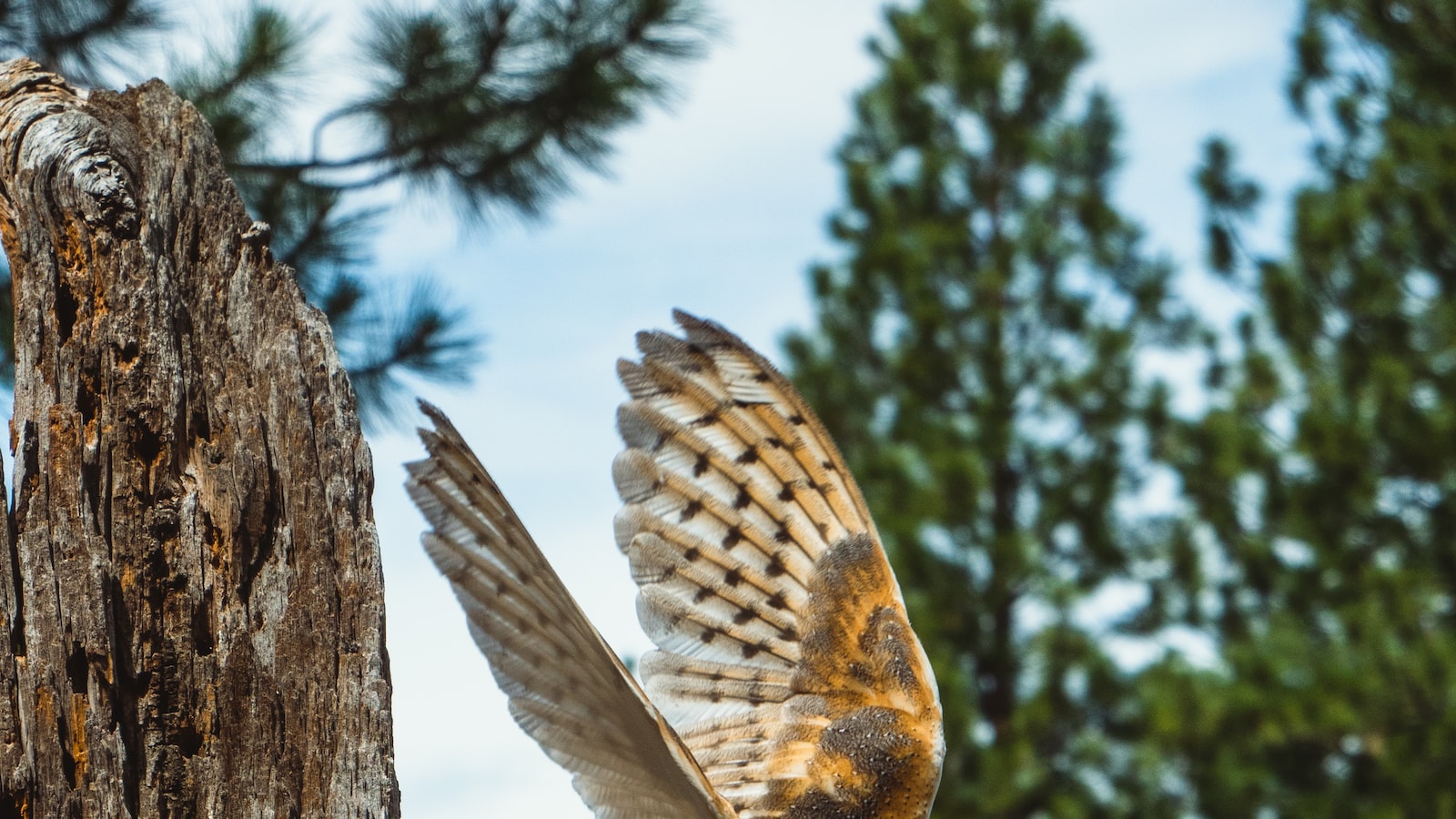In recent years, it has become increasingly clear that domestication has been an important factor in helping animals to evolve and survive. Now, a team of scientists has proposed an interesting hypothesis – that elephants might actually be self-domesticated animals, meaning they domesticated themselves over millions of years.
The idea of self-domestication comes from the idea that some animals are inherently more peaceful and tame, and those traits may have been selected for during their evolutionary history. The scientists argued that such traits in elephants might be due to the unique environment in which they live, where they have to compete with other large herbivores for resources.
In their paper, the scientists compared the behaviour and physiology of elephants, both in captivity and in the wild. They found that elephants living in captivity were calmer and more tolerant, while their wild counterparts were more aggressive and less tolerant. The scientists also noted that elephant calves in captivity grew more quickly and had more social interactions than their wild counterparts.
Additionally, the scientists observed that the elephants in captivity had larger heads and thicker skulls than those in the wild, suggesting that they had adapted to the captivity environment. The researchers also looked at the skeletal structures of the elephants and found evidence for changes in the jaw and leg bones that suggested self-domestication.
Overall, the research suggests that elephants may indeed have self-domesticated themselves over the millions of years they have been living on the earth. However, they noted that more research needs to be done to verify the hypothesis, and that it is important to take into account other potential factors such as human-caused environmental changes.
Therefore, while the scientists have presented a compelling argument that elephants may have self-domesticated over time, there is still much more work to be done to confirm the hypothesis. Nonetheless, their work is an exciting advancement in the understanding of animal domestication.

